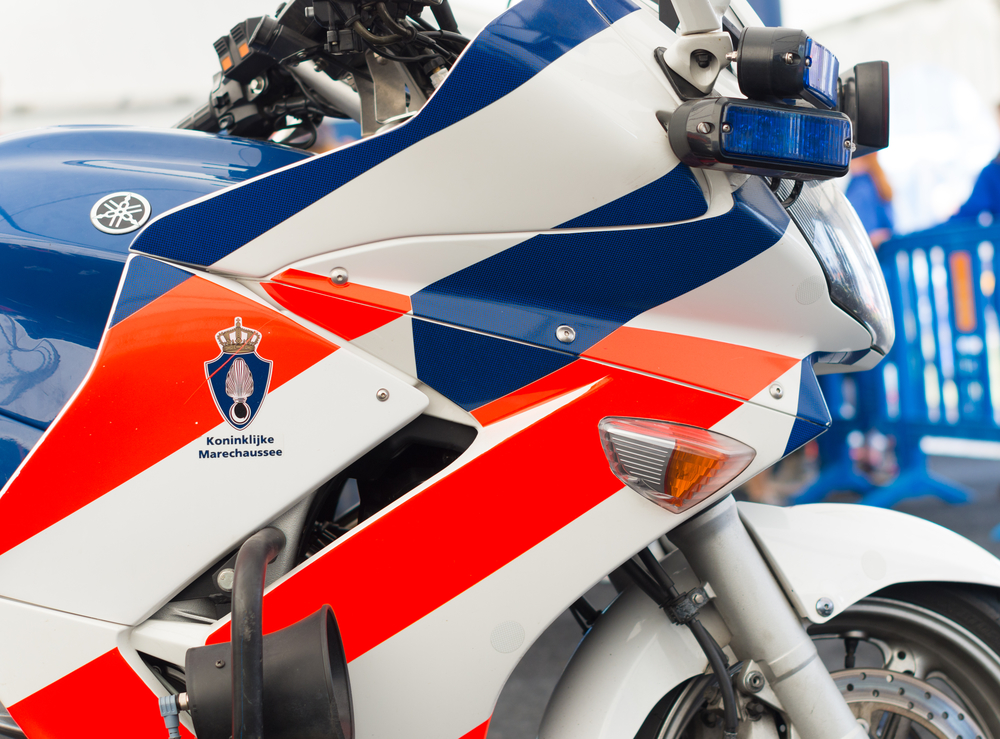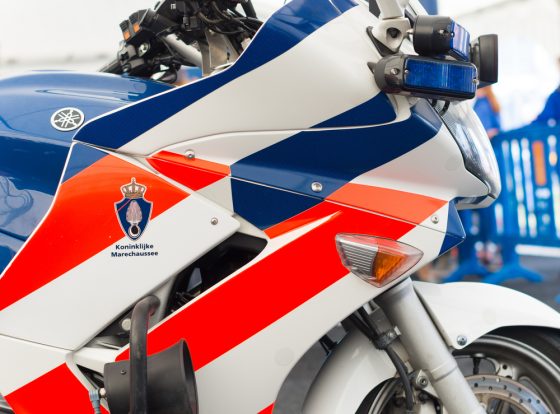Dutch border police arrested more people smugglers in 2020


Dutch border police arrested 124 people smugglers in 2020, a 40% increase on 2019 when 89 were apprehended, figures requested by the Telegraaf have shown.
‘Most traffickers were arrested in the vicinity of the refugee centre at Ter Apel where some were dropping people off on the doorstep,’ spokesman Robert van Kapel told the paper. Over a third of the arrests took place on the border with Germany.
The police did not speculate on why the centre was so popular as a destination, but one reason could be that Ter Apel is becoming better known through social media. ‘No matter how small Ter Apel is you can rest assured that many people in Syria, Iraq and Morocco know where it is. It is the ultimate goal for many, and their first port of call to start asylum procedures,’ border team leader Bert Bruins said.
In the past months activity around the centre increased, Bruins said and two to three traffickers were being caught each week.
People sell their homes and all their possessions to make the trip, often in very dangerous circumstances, Bruins said. ‘Package deals to the Netherlands are sold on every street corner in Syria in a manner of speaking and can cost up to €20,000 per person.’
Bruins said combating people smuggling is a priority but that it cannot be proven in every case.
‘We carry out spot checks around Ter Apel and the border and stop cars we think are unusual, a car from Münich carrying four men, or a hire car with three girls in it, for example. We check their papers, people’s reason for being here. You very often know if the story is true or not but you will have to prove your suspicions to make an arrest.’
In February the force announced it was going to use drones equipped with innovative technology such as infra-red cameras to detect people who could be hiding within vehicles, as well as honing in to search specific areas in detail using the images.
Thank you for donating to DutchNews.nl.
We could not provide the Dutch News service, and keep it free of charge, without the generous support of our readers. Your donations allow us to report on issues you tell us matter, and provide you with a summary of the most important Dutch news each day.
Make a donation